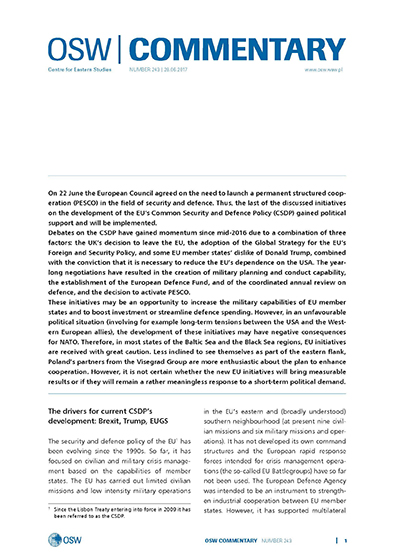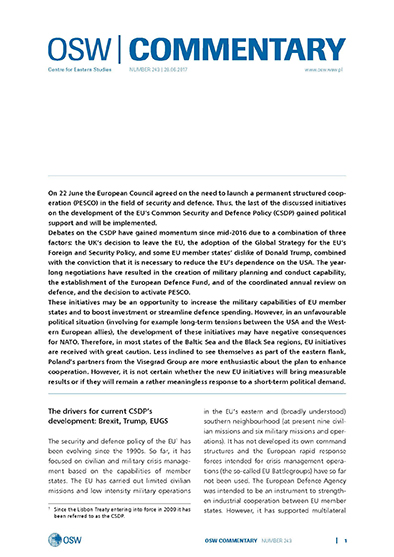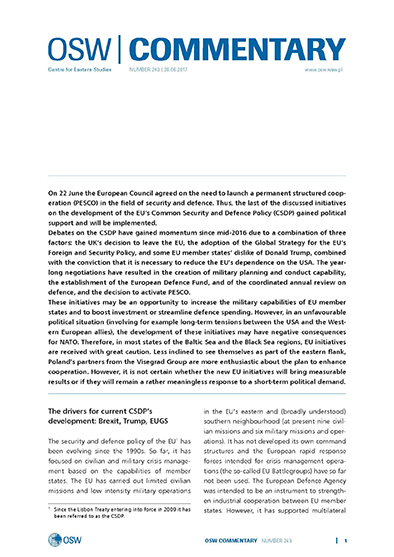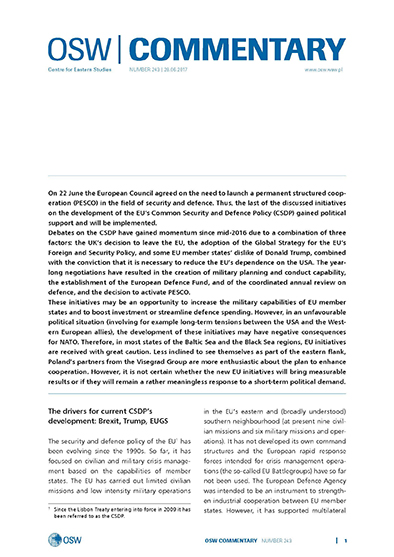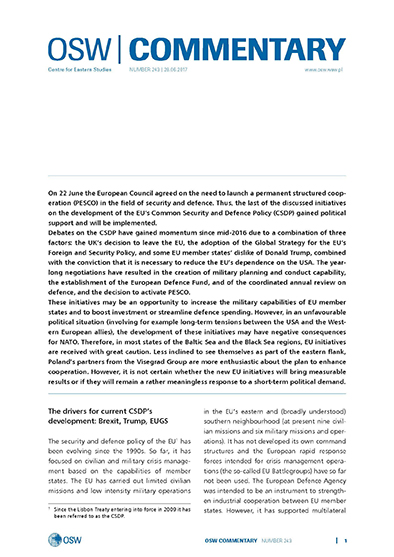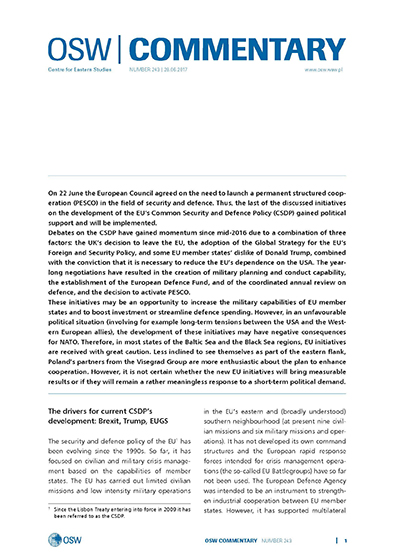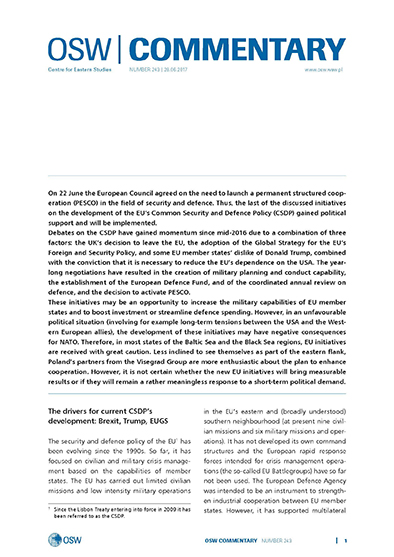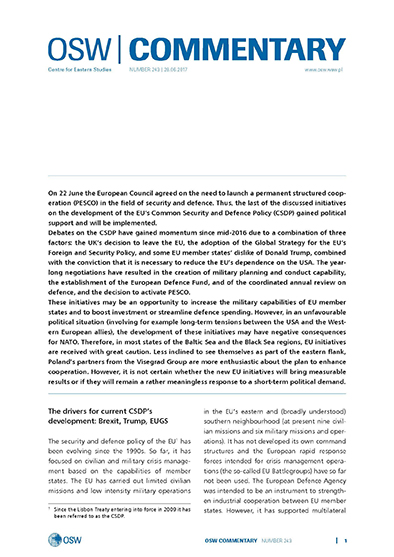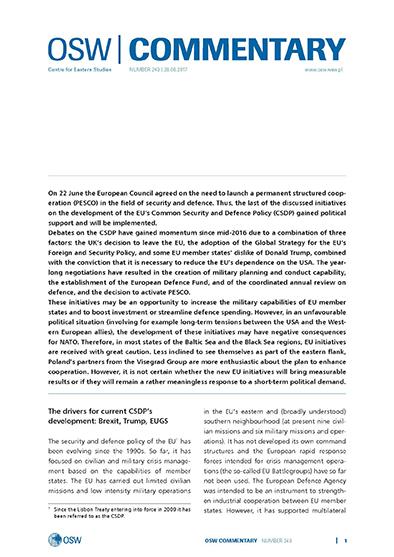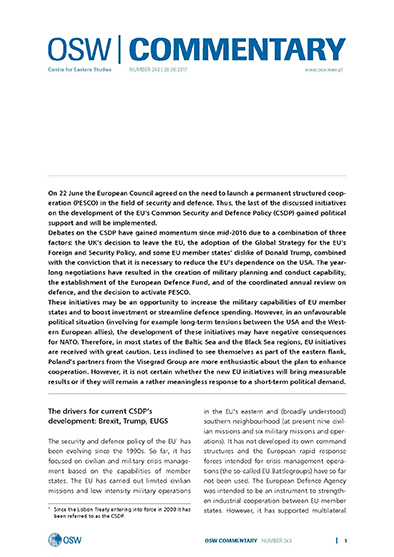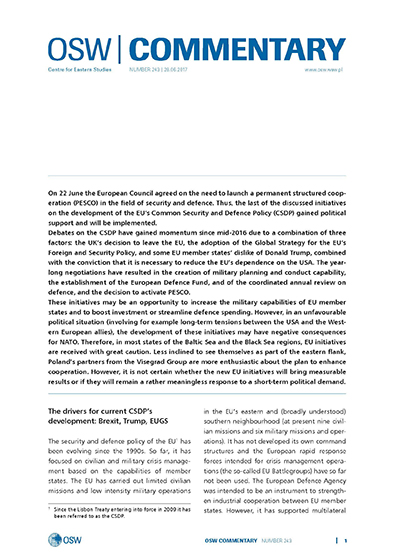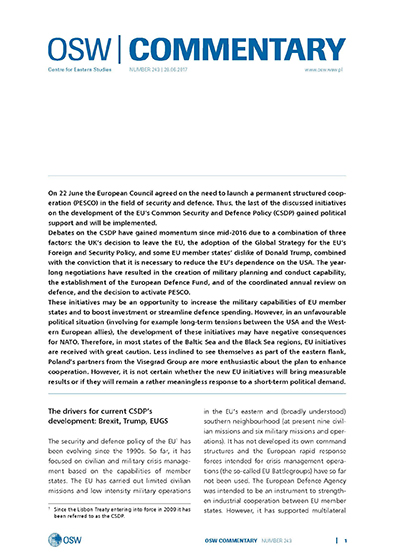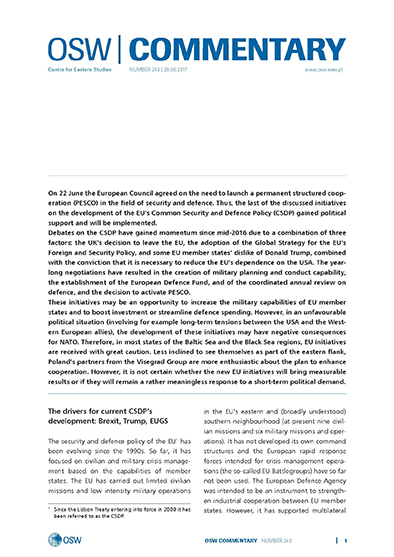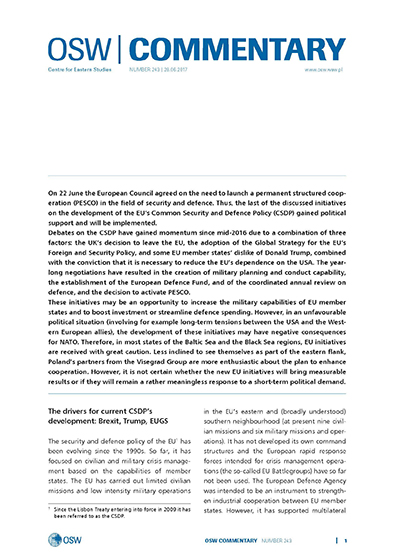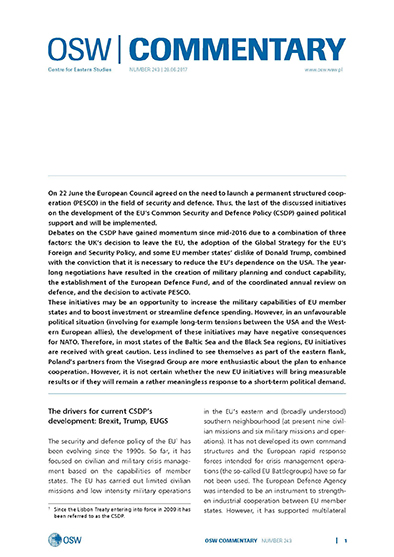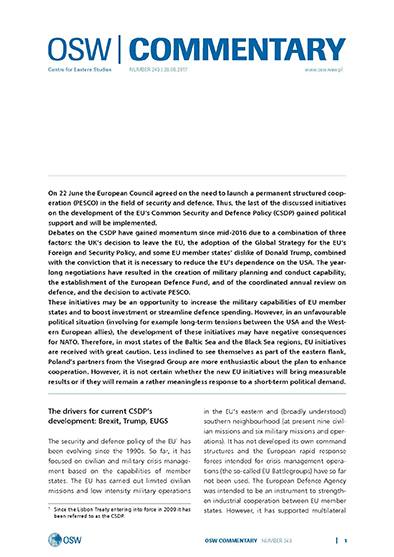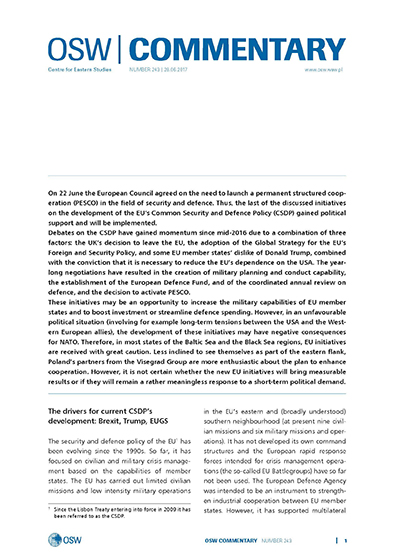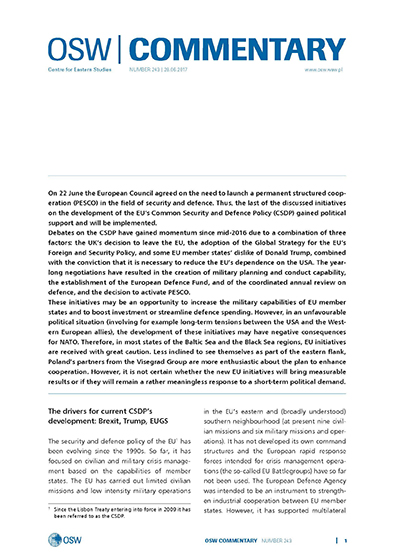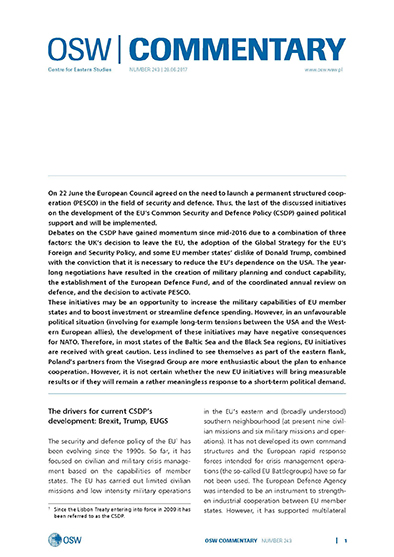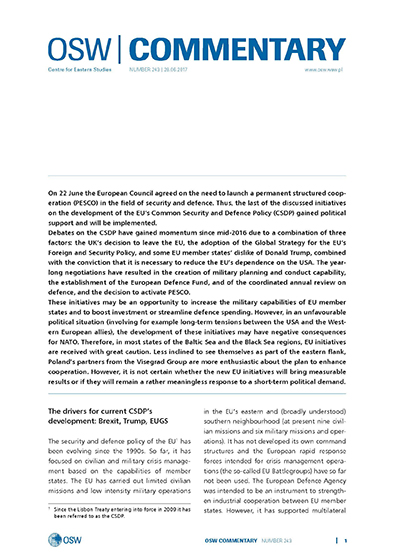
A breakthrough year in relations between Turkey and the European Union – an attempt to take stock
A breakthrough year in relations between Turkey and the European Union – an attempt to take stock
Keywords: Turkey; European Union; Eu; international relations; Turkey-EU relations
September 2016 marks the passing of one year has passed since the outbreak of the EU migration crisis which became the basis of unprecedented co-operation between Turkey and the EU. Paradoxically, although this co-operation in containing the crisis has proven surprisingly effective, the climate of Turkish-EU relations has significantly deteriorated. This situation comes in part as a result of internal tensions in Turkey (and within the EU). However, genuine changes in the power relations between Turkey and the EU have occurred and Turkey feels that issues it attaches importance to are not being appropriately addressed by the EU—the frustration this causes has been even more instrumental in the deterioration of relations. This shift in relations between Turkey and the EU also stems from Turkey’s aspirations to emancipate itself in its relations with the West; there has been an upward trend in this regard for years. The instruments the EU has so far been employing in order to put Turkey under pressure (above all the EU integration process) are losing their effectiveness, which is in stark contrast with Turkey’s emancipation and assertiveness. However, irrespective of the present and future inevitable tensions in Turkish-EU relations, Turkey’s aim is not to break off with the EU but to develop a new model of strategic relations which better serves its own interests. Despite the recent rapprochement with Russia, Ankara seems to be aware of a lack of alternatives to strategic co-operation with the EU and, more broadly, with the West.
More...
